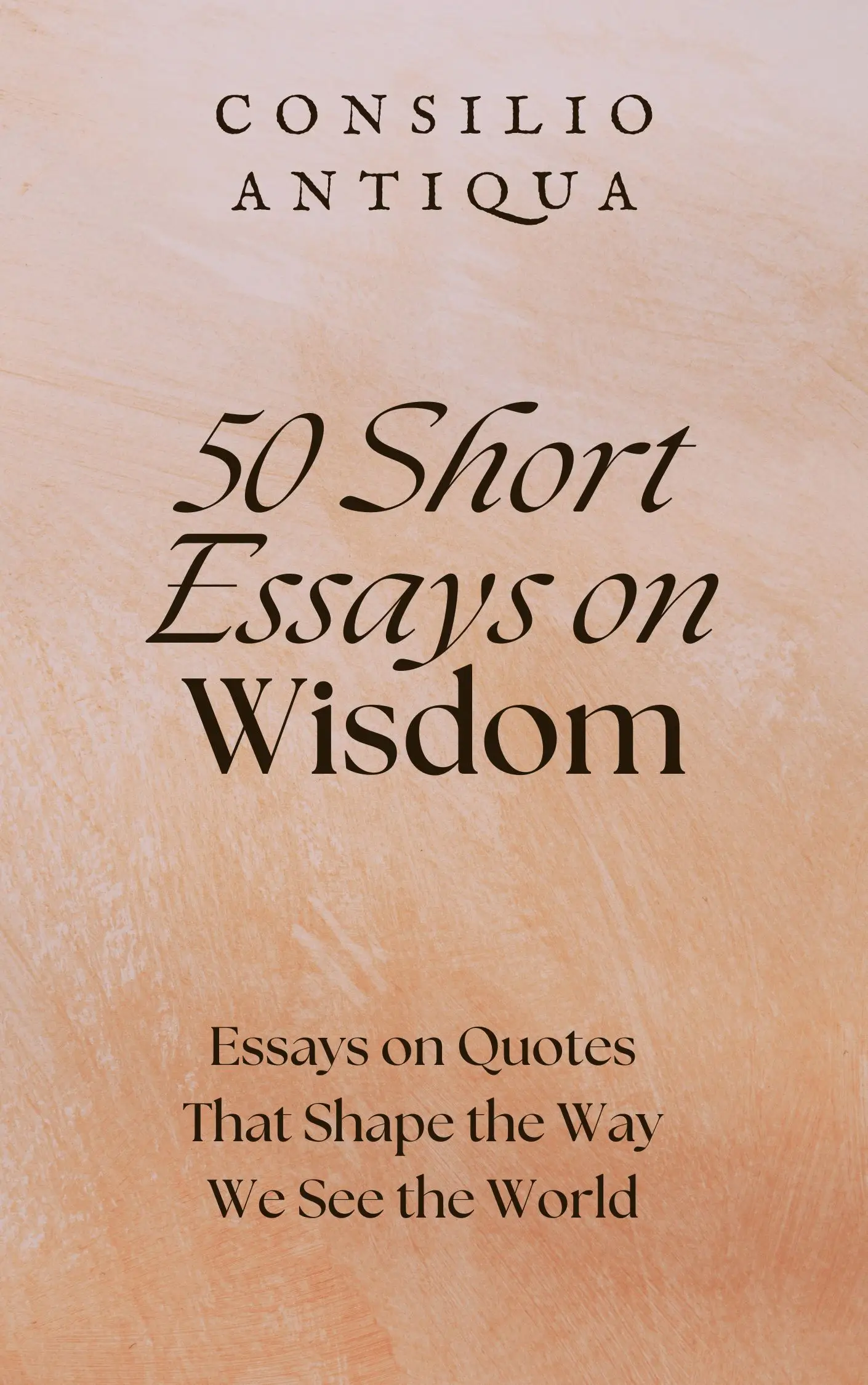
50 Short Essays on Wisdom | The Ingenious Womb
The Ingenious Womb
"Necessity is the mother of invention." – Plato
The flickering candlelight cast long shadows across the rough-hewn table, illuminating the worn face of Elias, a blacksmith whose hands, gnarled like ancient olive branches, held a newly forged plowshare. He hadn't invented the plow, but this particular share, forged from a salvaged piece of meteorite, was a testament to his ingenuity, born from the stark necessity of feeding his family in a time of famine. This, in essence, is the enduring truth behind Plato's assertion: necessity, the mother of invention.
The phrase itself, though attributed to Plato, echoes through millennia. From the earliest tools crafted from flint to the sophisticated technologies shaping our modern world, the human impulse to innovate has been inextricably linked to the pressing demands of survival and betterment. Ancient civilizations, grappling with irrigation, warfare, and the sheer struggle for existence, gave birth to architectural marvels, intricate irrigation systems, and weaponry that continue to fascinate and inspire. The ingenuity wasn't simply a matter of skill; it was a desperate, creative response to the limitations imposed by circumstance.
At its core, the wisdom lies in the transformative power of constraint. Necessity doesn't merely spur action; it forces a profound re-evaluation of resources, perspectives, and possibilities. It compels us to look beyond the obvious, to dismantle existing paradigms, and to forge new paths. This isn't a passive process; it's a wrestling match with limitations, a relentless striving to overcome obstacles. The enduring power of this wisdom lies in its universality; it transcends cultures, eras, and individual experiences. It speaks to the inherent human capacity for resilience, adaptation, and creative problem-solving.
Yet, the application of this wisdom in the modern world presents both opportunities and challenges. Consider the burgeoning field of sustainable technology. The urgent necessity of mitigating climate change has fueled a wave of innovation in renewable energy, waste management, and sustainable agriculture. Necessity, in this instance, is not merely a catalyst for invention but a moral imperative. Similarly, the global health crisis spurred unprecedented advancements in medical technology, highlighting the power of collective action driven by a shared sense of urgency.
However, the relationship between necessity and invention isn't always straightforward. Technological advancements, while often born from noble intentions, can have unintended consequences. The very tools designed to alleviate suffering can also create new forms of inequality or environmental damage. The invention of the automobile, for example, while revolutionizing transportation, also contributed significantly to air pollution and urban sprawl. This highlights the crucial need for ethical considerations in the innovation process, a careful weighing of potential benefits against potential harms.
How, then, can we harness the inventive power of necessity while mitigating its potential downsides? Perhaps the answer lies in cultivating a deeper awareness of our interconnectedness, a recognition that our individual needs are interwoven with the well-being of the planet and its inhabitants. We must ask ourselves: What are the true necessities of our time? How can we channel our ingenuity towards solutions that are not only innovative but also sustainable, equitable, and ethically sound? The answers, I believe, lie not in technological prowess alone, but in a profound shift in consciousness, a re-evaluation of our values, and a renewed commitment to the common good.
The flickering candlelight fades, leaving Elias’s workshop in darkness. But the glow of his ingenuity, born from necessity, continues to illuminate the path towards a more inventive, and hopefully, a more compassionate future.
